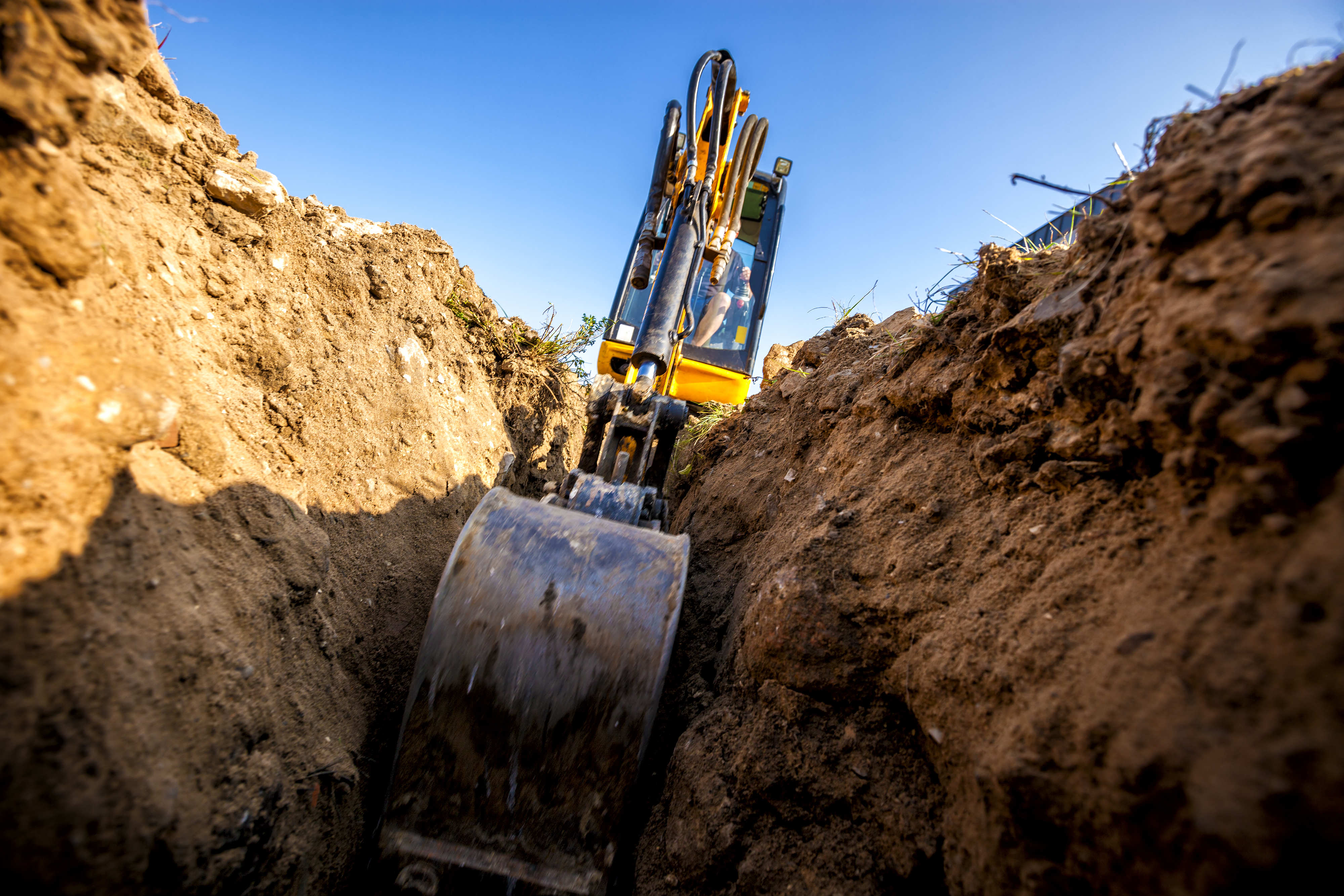
Following the Geospatial Commission’s launch of the first phase of the National Underground Asset Register (NUAR), we caught up with our Divisional Managing Partner for the Infrastructure Services Division, Clare Phillipson, to find out her views on the emerging service to improve the efficiency and safety of underground works by providing access to privately and publicly owned location data about pipes and cables.
“We have been actively involved in the protection of some of our nation’s most strategically important assets for decades, including high-pressure oil pipelines that are designated as critical national infrastructure.
“We are proud that we have an unrivalled record of protecting these pipeline networks through our specialist departments. We would not be able to do this without effective collaboration with other asset owners and the clear efforts of thousands of third-party users.
“This all starts with the functionality offered by LSBUD, which is the first port of call for any third party working around such assets, regardless of whether they are a professional contractor working on a highway or a landowner working on a farm. The outputs of the service are seamlessly embedded in all the safe systems of work that result from the initial enquiry from a third party.
“The Geospatial Commission has launched the first phase of NUAR which is a taxpayer-funded mapping project to run alongside existing processes. We support the points made by LSBUD in their statement which can be seen by clicking here.
“There is certainly potential for NUAR to have benefits, specifically in the planning and coordination of some works for certain stakeholders. However, there remain serious unanswered concerns, including the platform being restricted to a narrow band of statutory users which, for the reasons stated by the LSBUD Team, could unintentionally have a negative impact on strike avoidance on our client’s networks.
“For the avoidance of any doubt, we encourage all third parties to continue using LSBUD to help ensure that they keep themselves, our clients’ pipeline networks and the wider community safe.”





